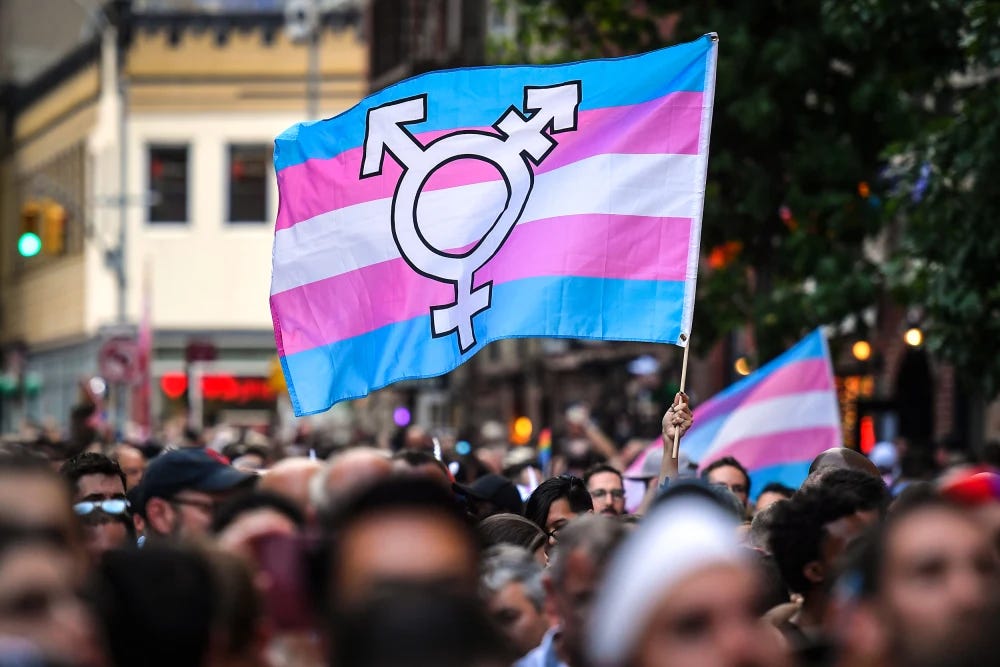Trump Signs Executive Order Restricting Gender-Affirming Care for Minors Nationwide
Order Halts Federal Support for Transition-Related Treatment and Targets Medical Guidelines
President Donald Trump signed a sweeping executive order on Tuesday aimed at restricting gender-affirming medical care for minors, which the order defines as individuals under the age of 19. The directive, titled “Protecting Children From Chemical and Surgical Mutilation,” prohibits federal funding for such care, limits research grants to medical institutions that provide it, and directs the Department of Health and Human Services (HHS) to enact regulations to further curtail access.
The order explicitly states that the U.S. government will not “fund, sponsor, promote, assist, or support” medical interventions related to gender transition for minors, including puberty blockers, hormone therapy, and surgery. It also mandates that all federal agencies rescind guidance from the World Professional Association for Transgender Health (WPATH), a widely recognized authority in transgender medical care.
Controversy Over Medical Guidelines and Federal Intervention
The executive order portrays transition-related treatments as harmful and irreversible, claiming that minors who undergo such procedures may later regret them and face long-term medical complications. It argues that WPATH’s guidance lacks scientific rigor and calls for a federal review of medical literature on gender dysphoria and transition-related care.
“This policy ensures that taxpayer dollars are not used to support experimental and dangerous medical procedures on children,” the order states.
However, major medical organizations—including the American Medical Association, the American Academy of Pediatrics, and the American Psychological Association—oppose restrictions on gender-affirming care and emphasize its importance for mental health and well-being. Research published in JAMA Pediatrics earlier this year found that fewer than 0.1% of U.S. adolescents receive puberty blockers or hormone therapy, and multiple studies have shown that such treatments reduce anxiety, depression, and suicide risk among transgender youth.
Legal and Advocacy Groups Respond
LGBTQ advocacy organizations swiftly condemned the order, calling it an attack on transgender youth and their families.
“This sweeping directive will cause unnecessary harm to transgender minors by cutting off access to medically recommended care,” said Lambda Legal attorney Omar Gonzalez-Pagan. “It’s an extreme government overreach that denies transgender youth the same medical options available to their cisgender peers.”
The order’s provisions do not appear to restrict similar medical treatments—such as hormone therapy or puberty blockers—for minors who are not transgender, a distinction that critics argue is discriminatory.
State-Level Bans and Global Policy Trends
The issue of transition-related care for minors has been highly contentious in recent years, with 26 states enacting laws to restrict or ban such treatments. Some international governments have also reevaluated their policies; in December, the United Kingdom imposed an indefinite ban on new puberty blocker prescriptions for minors diagnosed with gender dysphoria, citing insufficient long-term research. However, that decision has faced pushback from medical professionals and activists who argue that such care remains critical for transgender youth.
As Trump’s order takes effect, legal battles are expected. Civil rights groups have vowed to challenge the directive in court, setting the stage for another high-profile fight over transgender rights and medical freedom in the U.S.


